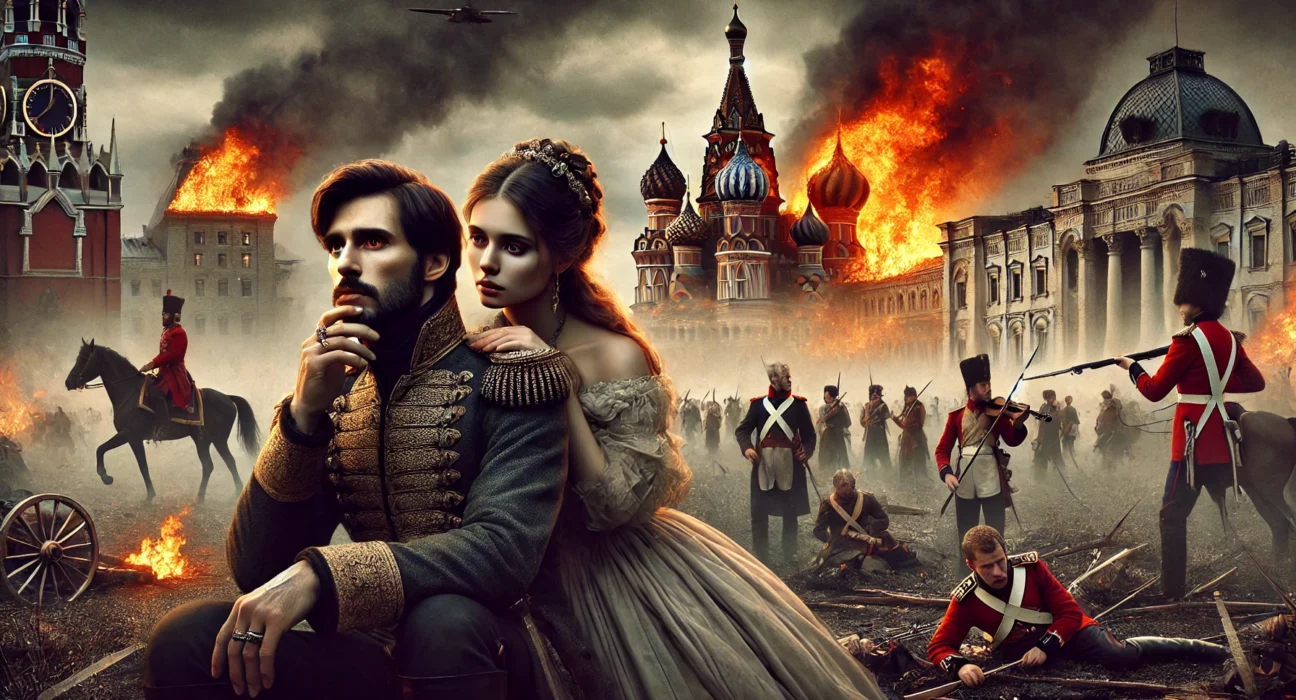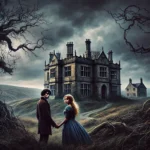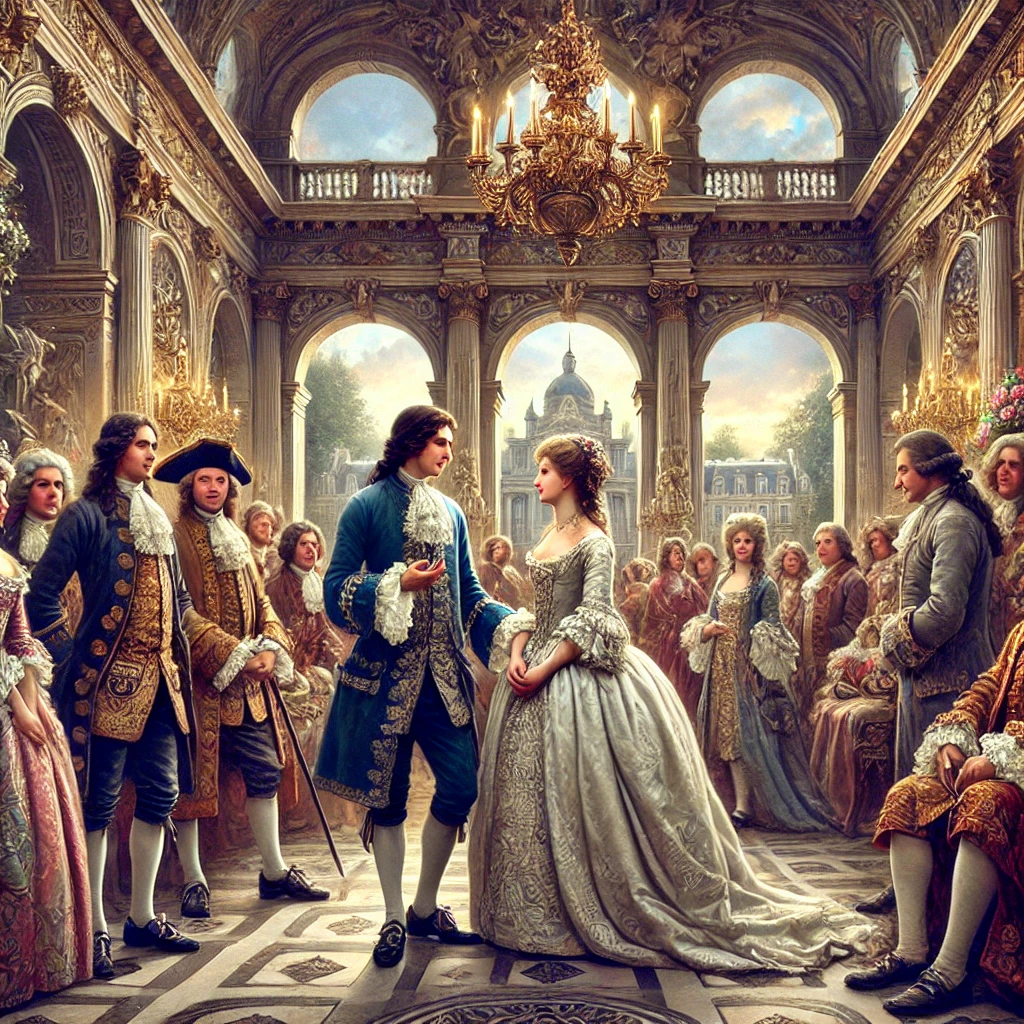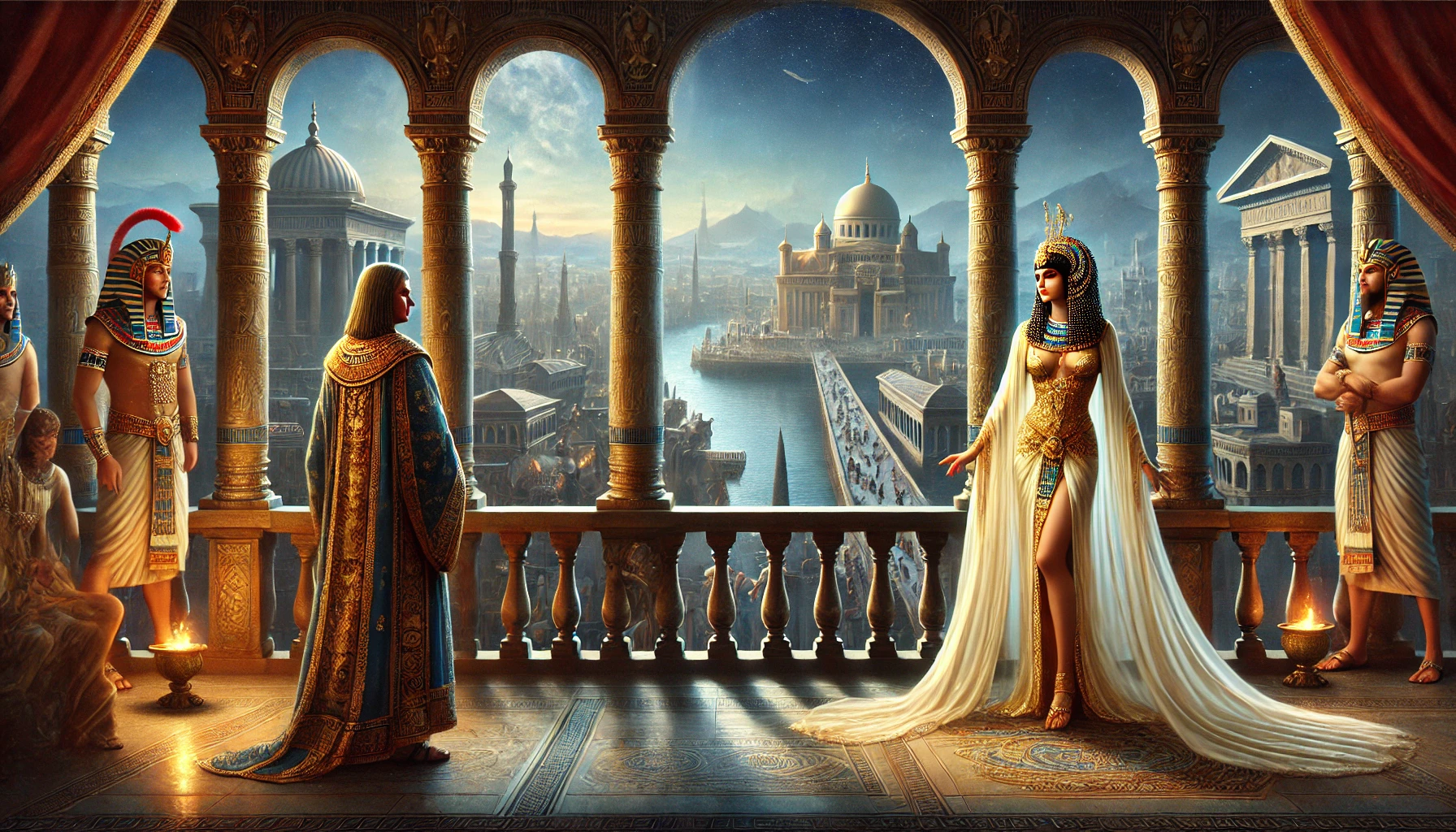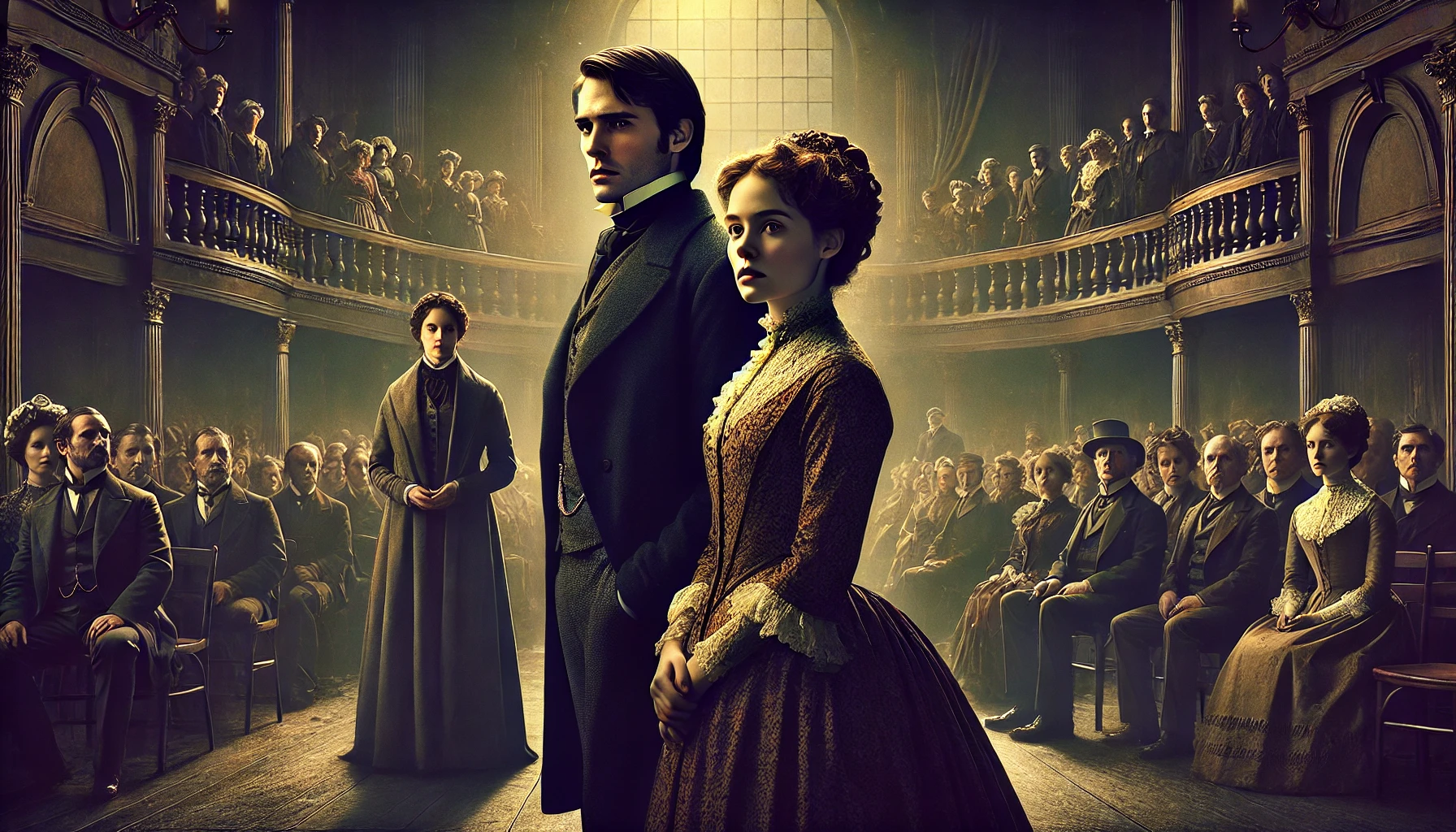War and Peace, first published in 1869, is an epic novel written by Russian author Leo Tolstoy. Set against the backdrop of the Napoleonic Wars, this masterpiece blends historical fact with fiction, exploring the impact of war on Russian society. The novel follows several aristocratic families as they navigate personal struggles and broader societal changes during a time of conflict. Tolstoy’s work is often praised for its complex characters, its philosophical depth, and its realistic portrayal of history, making it one of the greatest achievements in world literature.
Plot Summary
In the year 1805, in St. Petersburg, Russia, the elegant Anna Pavlovna hosts a grand soiree for the Russian aristocracy. Among the notable guests are Prince Vasili Kuragin and his children, the beautiful but cold Helene and her foolish brother, Anatole. Another visitor is Pierre Bezukhov, an awkward, idealistic young man who has recently returned from his studies abroad. Pierre, the illegitimate son of Count Bezukhov, stands to inherit a vast fortune. Though well-meaning, Pierre is easily swayed by others and struggles to find his place in society.
At the same time, Prince Andrei Bolkonsky, disillusioned with his life of privilege, prepares to leave for war. He hopes the battlefield will provide an escape from the emptiness he feels, especially in his marriage to the delicate Lise, who is pregnant with their first child. Andrei’s hopes for glory and meaning are tightly bound to his service under General Kutuzov as Russia begins its conflict with Napoleon Bonaparte.
In Moscow, the lively and romantic Natasha Rostova grows up in the warmth of her close-knit family. Her father, Count Rostov, is a generous, well-meaning man whose financial mismanagement plunges the family into increasing debt. The Rostovs, with their joy for life, contrast sharply with the rigid Bolkonskys. Natasha’s exuberance and youthful innocence capture the attention of many, including Andrei, whom she meets after his wife Lise tragically dies in childbirth. Andrei, rejuvenated by Natasha’s vitality, falls deeply in love with her and proposes marriage. However, they agree to wait a year before marrying, as Andrei wishes to travel and heal from his past grief.
During this time, Pierre, now Count Bezukhov after his father’s death, inherits his vast fortune and is thrust into the center of Russian high society. He marries Helene, despite his misgivings, and quickly finds himself trapped in an empty, loveless union. His wife’s infidelities and his own moral confusion lead him to seek solace in Freemasonry, hoping the secret society will provide answers to the spiritual questions that haunt him. Yet even there, Pierre struggles to find lasting meaning, and his search for purpose becomes more desperate as time goes on.
Meanwhile, as Andrei embarks on his journey of personal growth, Natasha’s innocence is put to the test. She meets Anatole Kuragin, who immediately sets his sights on her. Unbeknownst to Natasha, Anatole is already married, but his charm and boldness overwhelm her. He seduces her into an elopement, shattering her engagement to Andrei. When the scheme is discovered, Natasha’s reputation is tarnished, and she falls into despair. Andrei, heartbroken and disillusioned once more, breaks off their engagement and retreats further into himself.
As Russia is plunged deeper into war, Napoleon invades the country, leading to the catastrophic Battle of Borodino. Andrei, now a seasoned officer, is gravely wounded on the battlefield. He reflects on his life, his lost love, and the futility of human ambition as he faces death. Meanwhile, Pierre, drawn by a sense of duty and fate, witnesses the horrors of war firsthand, including the burning of Moscow as the French advance. As the city falls, Pierre’s idealism leads him to a mad plan to assassinate Napoleon, though he ultimately fails and is captured by the French army.
During his captivity, Pierre endures great suffering but also experiences profound spiritual revelations. Stripped of his wealth and societal status, he discovers a newfound sense of freedom and clarity. His friendship with a fellow prisoner, Platon Karataev, a simple peasant who accepts life’s hardships with grace, profoundly changes Pierre’s outlook. He begins to understand the importance of human connection, kindness, and the inevitability of fate. In the end, Pierre finds a sense of peace in his suffering and comes to believe in the divine plan that governs all things.
As Napoleon’s army retreats from Russia in defeat, the tide of war turns. Pierre is eventually liberated, and the Rostovs, who have suffered their own tragedies, come together once again. Natasha, having cared for Andrei in his final days before his death from his wounds, has matured into a woman of quiet strength. The devastation she endured has given her a deeper understanding of love, life, and loss. Her former innocence has been replaced by a more profound compassion and resilience.
In the aftermath of the war, Pierre returns to Moscow, forever changed by his experiences. He reconnects with Natasha, and the two, having both suffered and grown, find solace in each other. Their union represents a new beginning—one rooted not in youthful passion, but in a shared understanding of life’s complexities and a commitment to mutual love and respect.
As Russia rebuilds, the survivors of the conflict reflect on the lessons of war and peace. The grand dreams of glory, power, and conquest have faded, replaced by an understanding of the simple, enduring values of family, love, and faith. Life moves forward, not with the grandeur of historic battles, but with the quiet, steady rhythms of everyday existence. Through the lives of Pierre, Natasha, and the others, it becomes clear that true peace is found not in the absence of conflict, but in the acceptance of life’s challenges and the pursuit of inner harmony.
Main Characters
Pierre Bezukhov – The illegitimate son of a wealthy count, Pierre is awkward, introspective, and idealistic. His inheritance makes him one of the richest men in Russia, which catapults him into a life of high society, but he remains dissatisfied, searching for meaning in life, faith, and identity.
Prince Andrei Bolkonsky – A nobleman who initially seeks glory in war to escape his personal unhappiness. Disillusioned by the military and aristocratic life, Andrei embarks on a journey of self-discovery, ultimately yearning for a more spiritual, purposeful existence.
Natasha Rostova – A vibrant, lively young woman from the noble Rostov family. Her emotional and romantic character develops significantly throughout the novel, transforming from an innocent, naive girl into a woman shaped by love, loss, and resilience.
Countess Rostova (Maria Dmitrievna) – Natasha’s mother, who provides a foundation of wisdom and guidance, playing a strong maternal role in the lives of the Rostov family.
Helene Kuragin – A beautiful but shallow aristocrat, Helene is Pierre’s wife and embodies the moral decadence of the Russian elite. Her manipulative nature and numerous affairs make her one of the more negative figures in the novel.
Napoleon Bonaparte – While not fictional, Napoleon’s depiction in the novel is central to the theme of power and its corrupting influence. Tolstoy portrays him as a flawed figure, whose ambition leads to suffering and loss.
Theme
War and Peace: The most obvious theme, the novel contrasts the chaos of war with the serenity of peace, exploring how both states affect individuals and society. Tolstoy shows how the personal lives of his characters are interwoven with the broader sweep of history.
The Search for Meaning: Pierre and Andrei, in particular, are characters engaged in a philosophical search for life’s purpose. They grapple with questions of fate, free will, and spirituality, representing Tolstoy’s own preoccupation with existential and religious concerns.
Historical Determinism vs. Free Will: A key motif is the tension between individual agency and the larger forces of history. Tolstoy suggests that, while people believe they control their own destinies, they are often swept up in historical currents beyond their control.
The Nature of Power: Through his portrayal of leaders like Napoleon, Tsar Alexander, and military commanders, Tolstoy questions the glorification of power. He presents a more humble, almost anti-heroic view of leadership, emphasizing human frailty.
Love and Family: Relationships, particularly within families, form the emotional core of War and Peace. The Rostov family, in particular, exemplifies the warmth of familial love, while the Bolkonskys’ more fractured dynamic highlights the complexity of familial obligations.
Writing Style and Tone
Leo Tolstoy’s writing in War and Peace is expansive and intricate, reflecting both his deep understanding of human psychology and his philosophical outlook on life. His narrative techniques include omniscient third-person narration, often shifting focus between the minds of different characters. This provides an immersive experience, allowing readers to delve into the intimate thoughts and feelings of the characters while also pulling back to observe the broader historical context.
In terms of linguistic choices, Tolstoy employs simple, clear language for much of his dialogue, which lends authenticity to his characters’ emotions. His descriptive passages, particularly those that depict battles or landscapes, are vivid and detailed, giving the reader a sense of realism even in fictionalized accounts of history. This simplicity is juxtaposed with his more philosophical digressions, where Tolstoy contemplates the nature of power, fate, and history, using more complex, abstract language.
The tone of War and Peace shifts throughout the novel. At times, it is meditative and philosophical, especially when exploring the inner lives of characters like Pierre and Andrei. At other times, it is more dramatic and fast-paced, particularly during the battle scenes or moments of intense personal conflict. Tolstoy’s tone is often moralistic, as he critiques the vanity and superficiality of Russian high society, yet it is also compassionate, as he shows deep empathy for his characters’ struggles and their search for meaning.
We hope this summary has sparked your interest and would appreciate you following Celsius 233 on social media:
There’s a treasure trove of other fascinating book summaries waiting for you. Check out our collection of stories that inspire, thrill, and provoke thought, just like this one by checking out the Book Shelf or the Library
Remember, while our summaries capture the essence, they can never replace the full experience of reading the book. If this summary intrigued you, consider diving into the complete story – buy the book and immerse yourself in the author’s original work.
If you want to request a book summary, click here.
When Saurabh is not working/watching football/reading books/traveling, you can reach him via Twitter/X, LinkedIn, or Threads
Restart reading!


